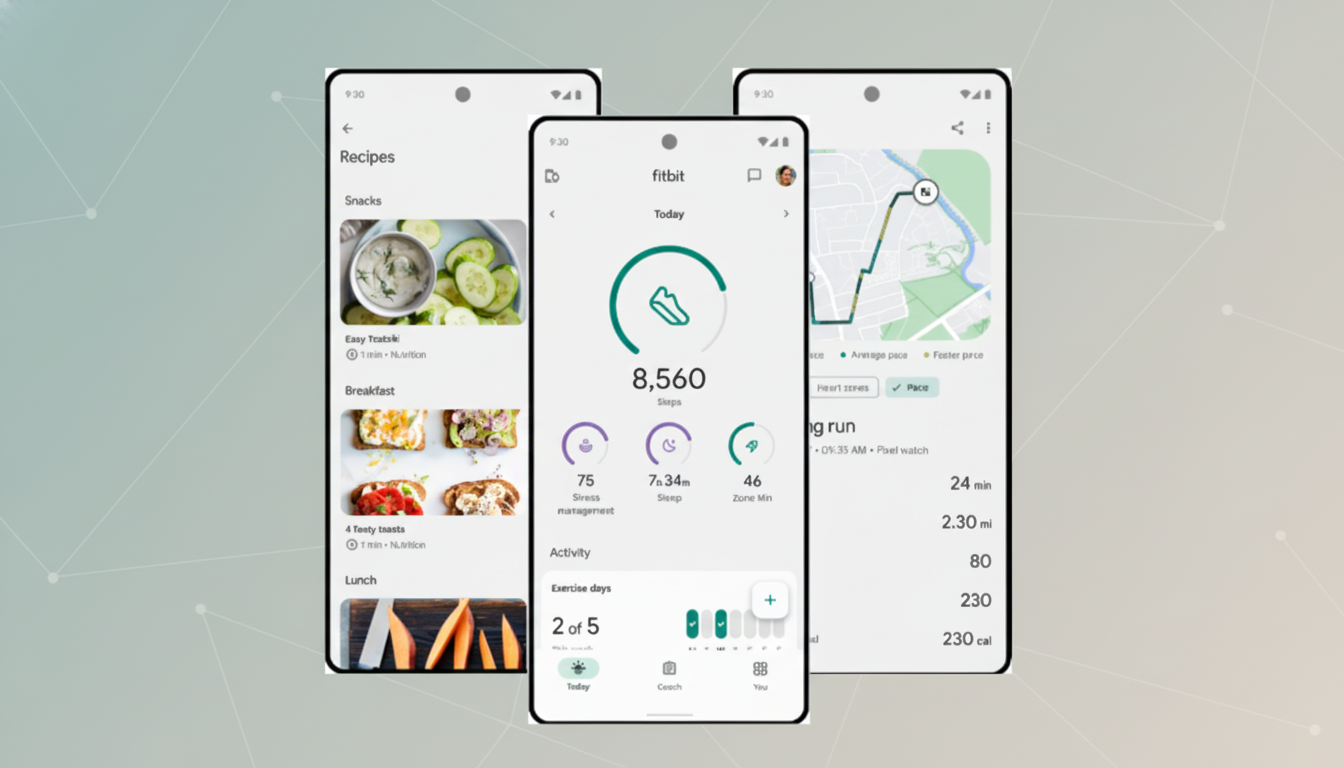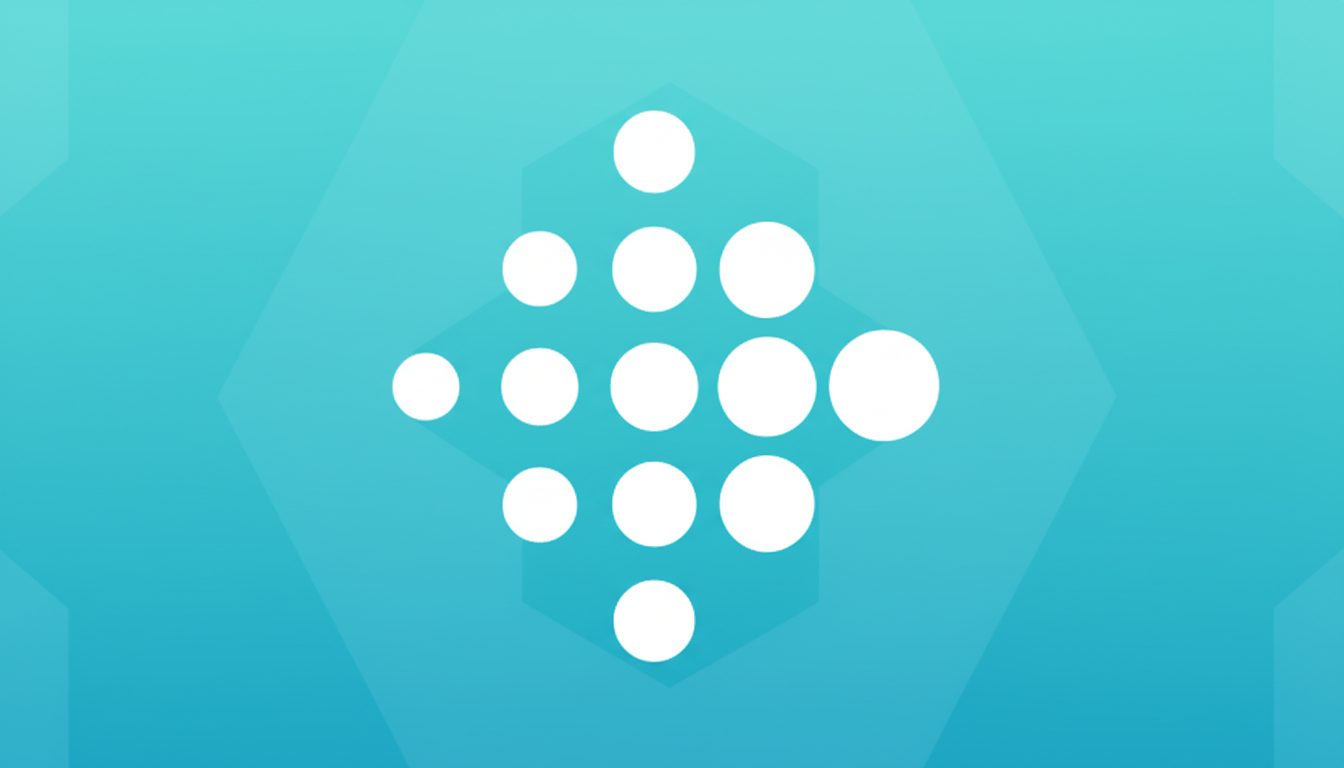Google is launching a refreshed Fitbit app that centers a conversational AI Personal Health Coach, powered by Gemini, which takes raw wearable data and packages it into actionable plans for your fitness, sleep, and overall wellness needs. The preview rolls out for Fitbit Premium members first on Android, with iOS compatibility coming soon, marking greater emphasis from charts and scores toward personalized advice that caters and adjusts week over week — even day over day.
The redesign shifts Fitbit’s focus from day-to-day snapshots to results. You can still look at vitals, sleep, and workouts, but the app now centers on a weekly view and offers a single “Ask Coach” interface that summarizes your data and tells you what to do next.
- What the New Fitbit AI Personal Health Coach Does
- How Fitness Planning Gets Adaptive With Fitbit Coach
- Sleep and Health Insights From the Fitbit AI Coach
- Pricing, Availability, and Supported Fitbit Devices
- How Google’s Fitbit AI Health Coach Stacks Up
- Privacy and Data Use for Google’s Fitbit AI Coach
- Why Google’s Fitbit AI Personal Health Coach Matters

What the New Fitbit AI Personal Health Coach Does
On a deeper level, the Personal Health Coach combines Fitbit’s sensor analytics with Google’s Gemini to answer questions in layman’s terms — why your sleep score decreased, how last night impacted your readiness, or which workout works for a busy day.
The Today tab presents the most salient info every morning, and the “Ask Coach” button transforms those numbers into a conversation.
The app is reorganized with Fitness, Sleep, and Health tabs. There’s a weekly view where the old day-by-day lens used to be, as well as metrics like Cardio Load presented in a larger context of week-over-week trends and recovery. Google says users can switch back to the old app during the preview, if necessary; not all legacy features have been moved over yet.
How Fitness Planning Gets Adaptive With Fitbit Coach
The banner feature is the Fitness tab. After an in-depth intake — experience, goals, history, and available equipment — the coach designs a dynamic plan ranging from aerobic to high-intensity interval workouts over seven days. You can zoom in on broad goals, like better heart health, or you can go granular — say, building up your leg strength in a focused way or peaking for a race on the morning of a particular day.
Unlike static training schedules, plans adapt on the fly. Just let your assistant know you have nothing but a resistance band with which to work, and it can sub in an upper-body hotel routine. Blocked by back-to-back meetings? It will redo sessions and redistribute recovery. The workouts are drawn from a library of several hundred movements, and it can remember your favorite routines so they come up again in future cycles.
This in turn follows what we’ve seen in the likes of Garmin Coach and Polar’s adaptive programs, but adds conversational control and wider activity coverage. Our weekly tempo is in keeping with advice from the American College of Sports Medicine, as it emphasizes progressive overload, purposeful rest, and adherence — categories where flexible schedules tend to trump rigid ones.
Sleep and Health Insights From the Fitbit AI Coach
Sleep analysis is now searchable and explainable. Inquire “Why did I wake up feeling tired?” and the coach can integrate your sleep stages, disturbances, and heart-rate variability with existing research on sleep to provide concrete recommendations — think getting to bed a bit earlier, adjusting the temperature, or timing aerobic workouts for improved sleep onset.

Most importantly, the coach relates sleep to performance, and how it affects readiness and Cardio Load over the week. The Health tab is all about longitudinal vitals and trends, with the assistant standing by to turn those quantifiable measurements into questions you can bring to your healthcare professional (what should I keep an eye on if my resting heart rate is going up?).
Pricing, Availability, and Supported Fitbit Devices
It comes with Fitbit Premium, which will cost $9.99 a month. The preview is available now on Android with iOS to follow, and a general release later. Google notes you’ll be able to return to the legacy app while you test. The company also hinted at some new Fitbit-branded hardware to come, though details are still scant.
How Google’s Fitbit AI Health Coach Stacks Up
AI is also gaining competitive advantage for rivals. (The Running Coach on Samsung’s Galaxy watches prepares pace-based plans, and Apple’s Workout Buddy also tells you stats and encouragement in real time — with voice.) Those are free, but Google is betting that subscribers will pay for more advanced personalization across all their activities and geography, sleep, and recovery, based on their historical Fitbit data.
The stakes are real: The World Health Organization estimates that some 31% of adults worldwide have an insufficient activity level, and CDC data suggests that only about 24% of US adults achieve both aerobic and strength guidelines. If an adaptive, conversational coach can reduce friction and increase compliance, that’s not just a feature — it’s a public-health nudge.
Privacy and Data Use for Google’s Fitbit AI Coach
Any company that layers AI on top of health data raises — as you’d understandably expect — privacy questions. “Throughout this process we have been clear about our commitment not to use Fitbit health and wellness data for Google ads — and our responsibility to provide people with choice and control with their data,” the company added in a statement. “Similar to other product areas, we believe that by maintaining the ability for people to choose to connect devices from people’s manufacturers’ apps with other services (extending beyond just Fitbit), interoperability will increase both choice and competition.” As the reality-previewing process plays out, visibility into how data is used (and retained) and processed in the tranche — on-device versus cloud — is important for trust.
Why Google’s Fitbit AI Personal Health Coach Matters
Wearables have always been great at measurement; they’ve sucked, monumentally in some cases, at meaning. By combining Fitbit’s sensor stack with Gemini’s conversational reasoning, Google is trying to make guidance as accessible as a text thread. The reality is that the test will be consistency: how does the coach hold up, days expanded into months?
If it delivers what it’s promising — particularly on weekly adaptation but also on easy-to-understand, evidence-aligned recommendations — Fitbit may change users’ calculus for what they expect from a fitness app.
If it overpromises or seems generic, competitors will be only too happy to fill the void. For now, the coach seems like the most far-reaching swipe yet at truly personal digital training.

